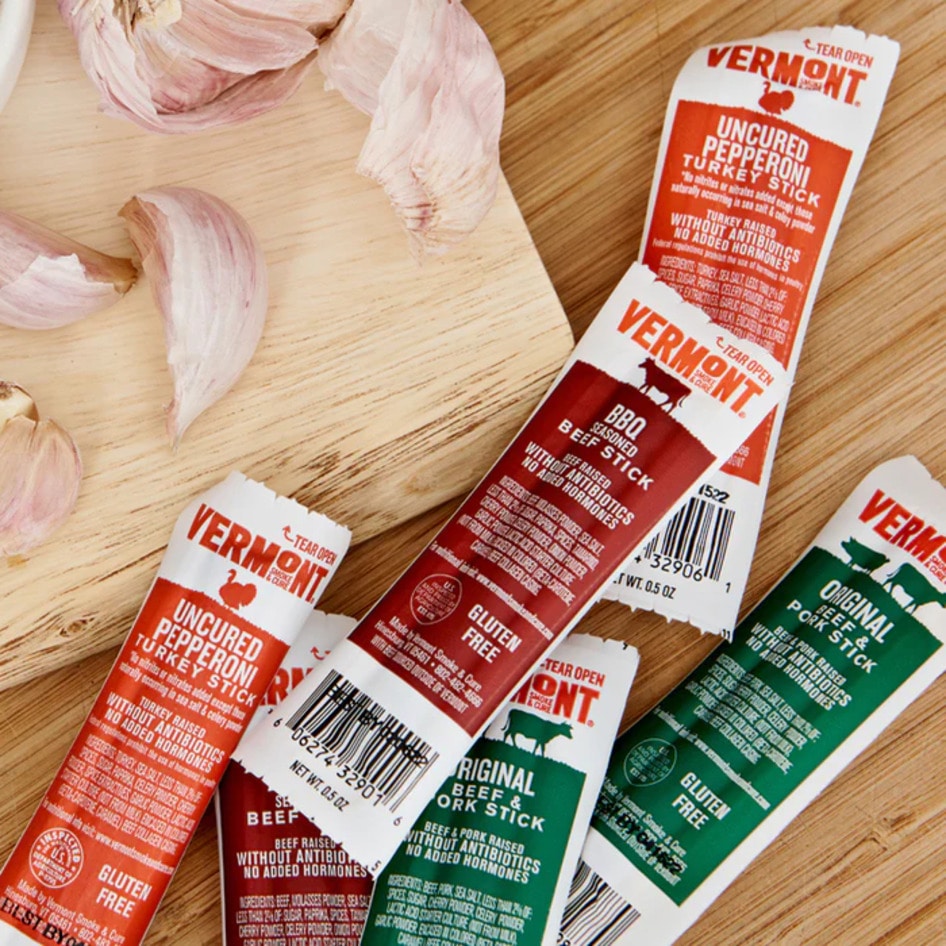New research published in the online journal Plos One today reveals that a specific enzyme can make vegan burgers juicier, tastier, and more digestible.
Specifically, the enzyme protein-glutaminase is the key ingredient to making vegan burgers better.
The researchers—Kiyota Sakai, Masamichi Okada, and Shotaro Yamaguchi of Amano Enzyme Inc. Innovation Center in Japan—point out that with the growing human population expected to reach 8.5 billion by 2030 and 10 billion by 2050, it will be challenging to maintain animal protein production at a level that is capable of coping with such a rapid increase in demand.
Plus, consumption of animal products has already been found to increase the risk of heart disease, type 2 diabetes, cardiovascular complications, stroke, and some cancers.
 Getty
Getty
“In contrast, numerous studies have reported that replacing animal protein sources with plant-based proteins has health benefits,” the authors say in the research article.
This means food manufacturers must develop better plant-based foods to address the imbalance between protein demand and supply, and positively impact human health, the authors say in the article.
Making vegan burgers better
According to the researchers, despite technological advances in recent years, plant-based meat doesn’t yet mimic animal-based products exactly, which is why the researchers set out to find a solution.
“An unresolved challenge for [plant-based meat] is their poor sensory qualities, particularly their lack of juiciness,” the authors point out.
While animal fat contributes greatly to the juiciness of meat and meat products, vegan meat must use plant-based solid fats such as coconut oil to obtain the same mouthfeel. Yet both of these types of fat have high saturated fatty acid content, which can cause health issues. Because of this, some food manufacturers are making efforts to replace these saturated fats with unsaturated oils.
Yet, the use of unsaturated oils often means food additives are required to keep the burgers juicy when cooked.
 Neat Burger
Neat Burger
But what if there was a better solution to making juicier vegan burgers?
In their research, the study authors have found that using protein-glutaminase in the production of vegan burgers resulted in a significantly juicier product, had less of a beany off-flavor, and was more easily digestible.
The study authors believe using protein-glutaminase could be a new strategy for meeting the demand for more clean-label products, therefore making vegan meat more attractive.
Is processed vegan meat healthy?
In the last few years, the number of vegan meat products lining the shelves has surged dramatically. The global market, which was valued at more than $5 billion in 2021 and is set to hit more than $33 billion by 2031, has given us bacon, burgers, sausages, chicken pieces, and much more.
Catering to the growing demand from vegans and flexitarians alike, the alternative protein industry is constantly innovating to produce products that are tastier and more convincing than previous iterations.
 Pexels
Pexels
When used in place of processed animal meat, processed vegan meat is the healthier option, research suggests. Processed animal meat is linked to a higher risk of heart disease, for example, and the World Health Organization has even classified it as a Group 1 carcinogen, a category these animal products share with tobacco and asbestos due to their proven links to cancer.
In contrast, a recent study suggested that, when compared with diets that rely on the same amount of animal meat, incorporating an average of two servings of plant-based meat into a person’s diet may reduce the risk of heart disease.
And research continues to point to the health benefits of directly replacing animal meat with plant-based alternatives.
 Beyond Meat
Beyond Meat
But, it’s important to note that processed vegan meat isn’t perfect.
“Processed vegan meats like Beyond Burgers can be part of a balanced diet and can provide a nice alternative to those following a vegetarian or vegan diet, but they should be consumed in moderation,” Ana Reisdorf, MS, RD for The Food Trends, previously told VegNews.
“They are generally lower in saturated fats when compared to traditional meat, making them a healthier choice in that regard,” she added. “They are a good source of plant-based protein and don’t contain cholesterol. However, some drawbacks include that they are highly processed, contain potentially harmful additives, and have higher sodium content.”
For the latest vegan news, read:
JUMP TO ... Latest News | Recipes | Guides | Health | Subscribe









